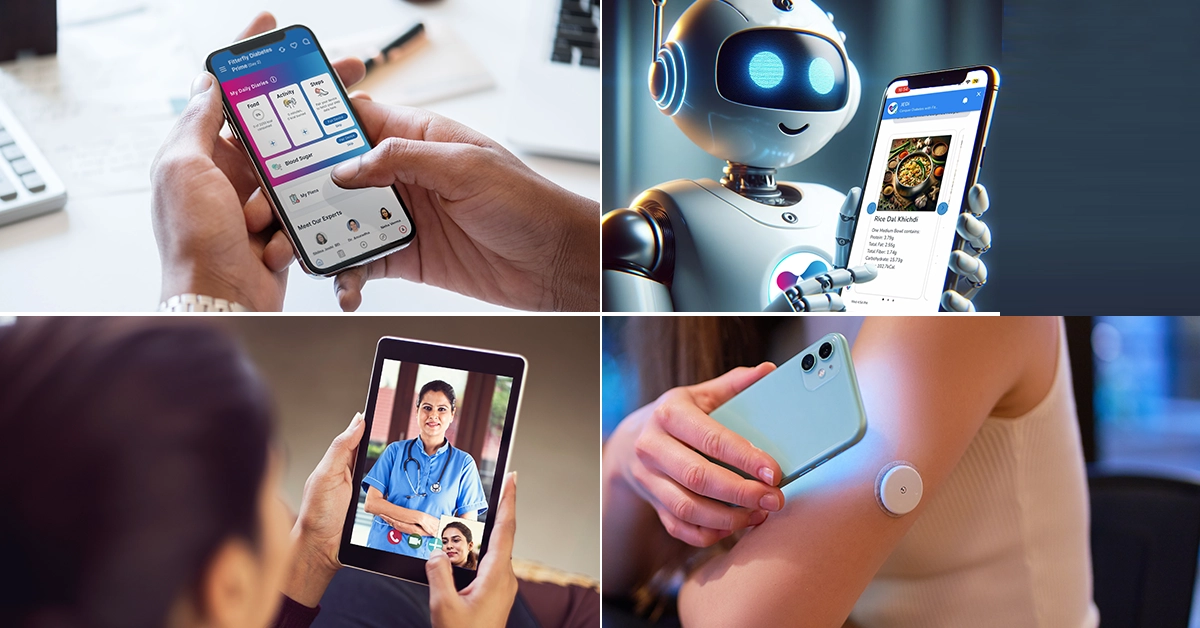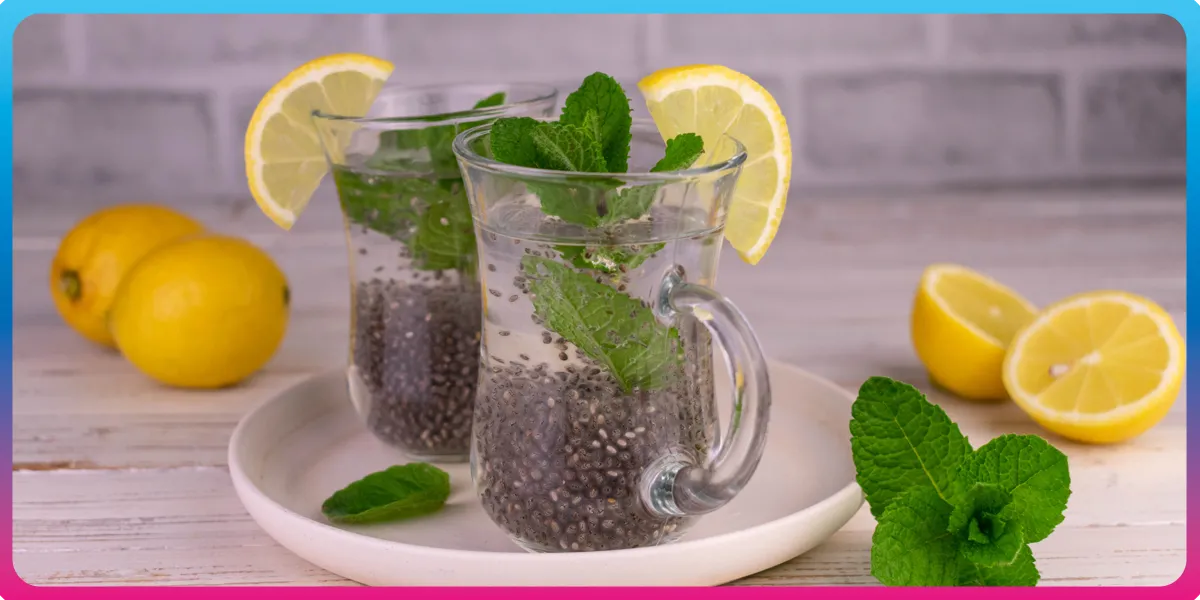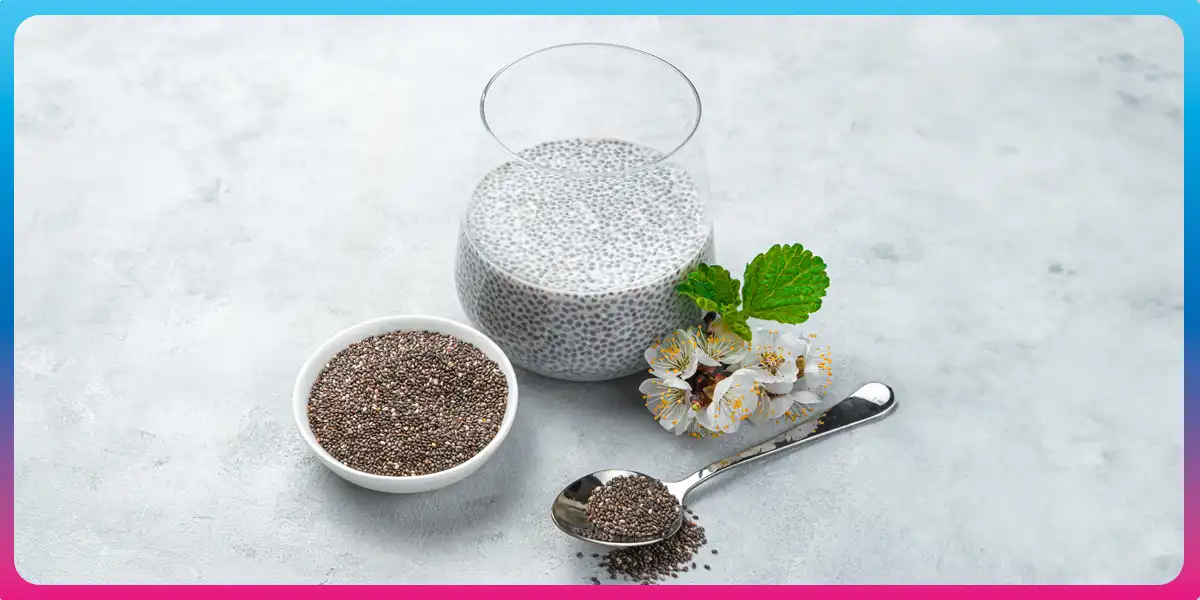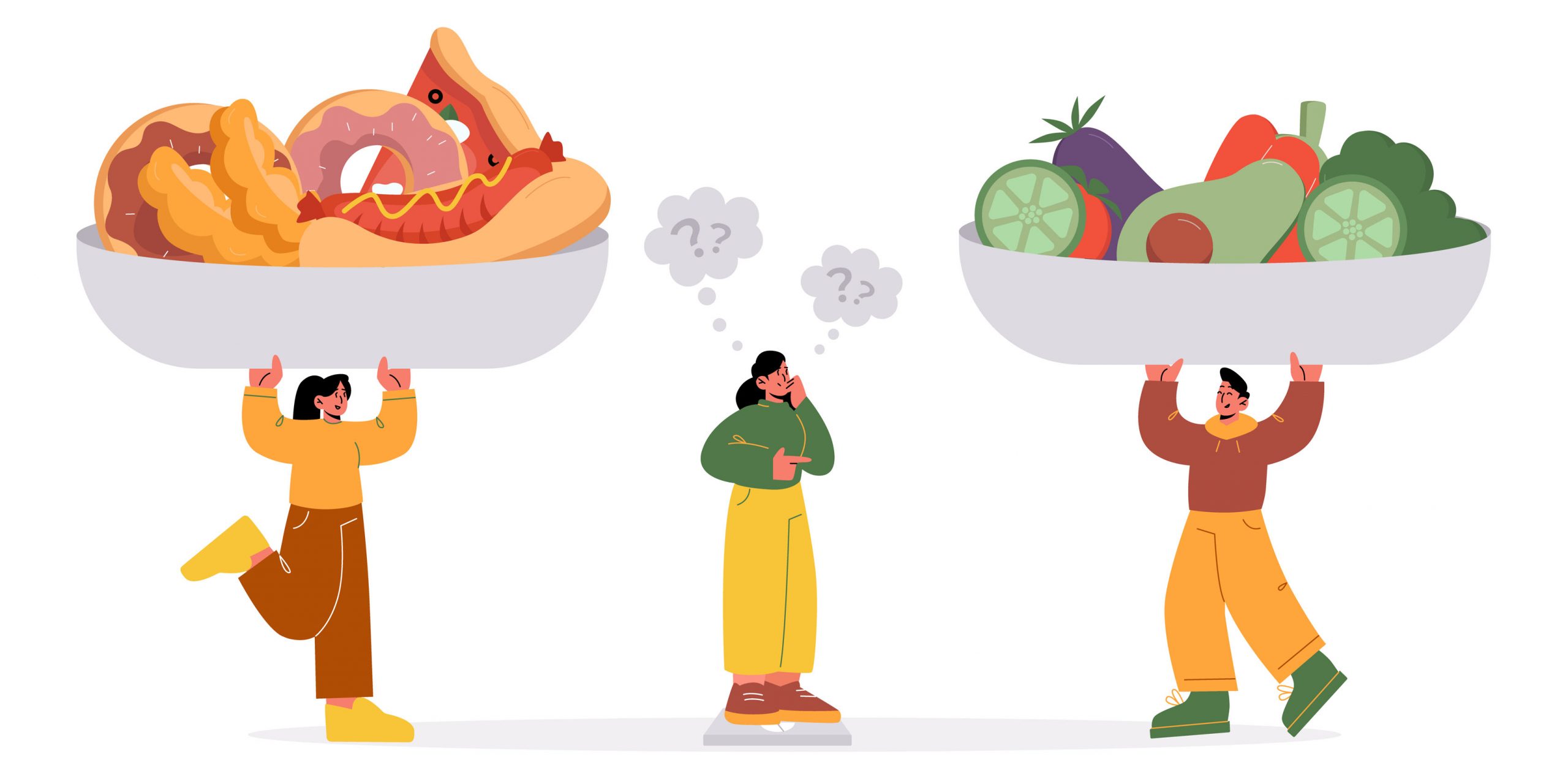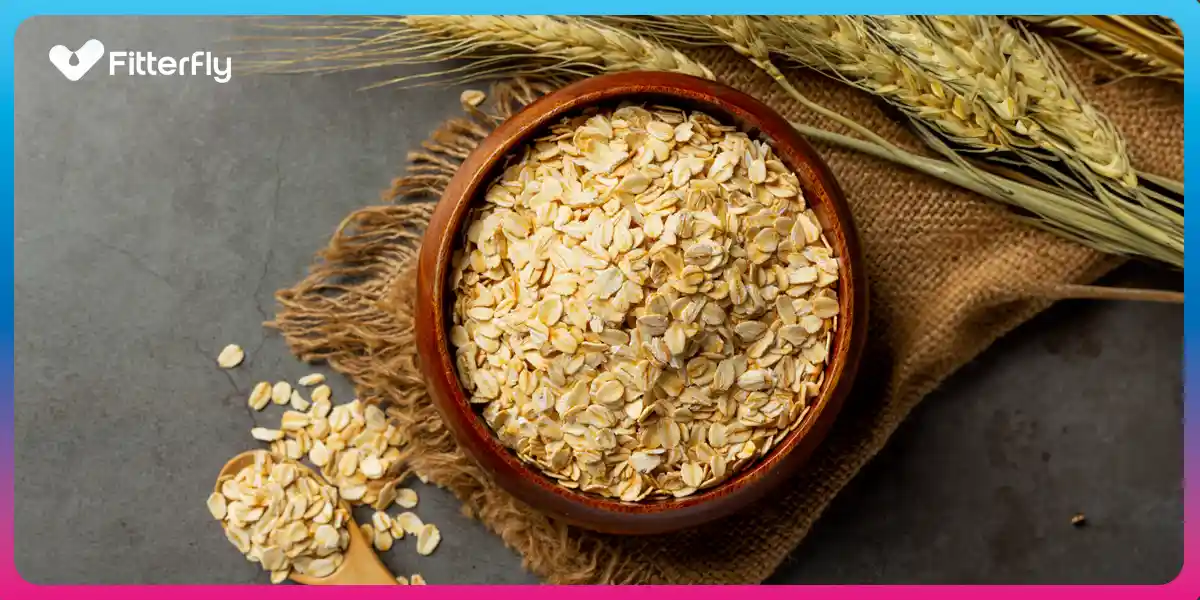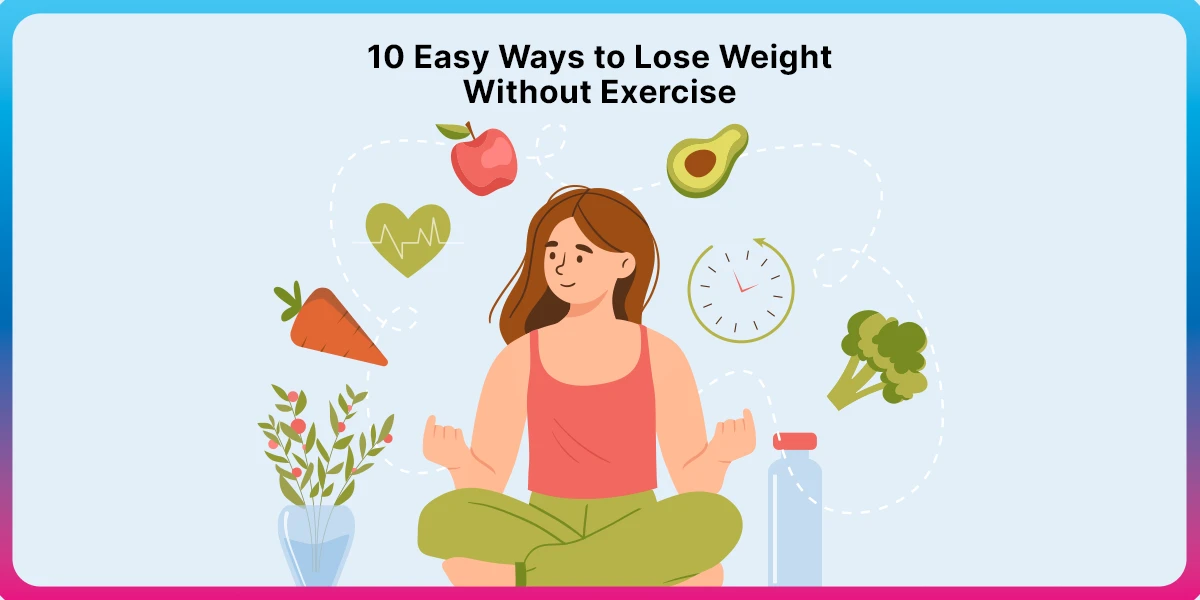Published on: May 24, 2019
Diabetes: Tips to Prevent and Deal With Hypoglycemia or Low Blood Sugar

If you or someone you know has just been diagnosed with diabetes, then chances are that you believe your blood sugar is always high. But, every diabetic should be aware that they can also experience hypoglycemia or a drop in blood glucose. This can happen due to a combination of factors related to diet, activity and your medicines or insulin.
While there are different values for low blood sugar, generally if the blood sugar drops below 70 mg/dL, then it is considered low. You may also experience symptoms like dizziness, tingling, anxiety, weakness, racing heart, etc.
Use a glucometer to check the blood glucose if you notice these symptoms instead of guessing that it may be due to heart or blood pressure issues. If it is hypoglycemia, you need to raise the blood glucose level immediately or it can fall to dangerously low levels.
According to the American Diabetes Association, you need to follow the 15-15 rule, which is to eat about 15 gm of fast-acting carbohydrates so your body can quickly absorb the sugar and your blood glucose can return to normal.
If the glucose level is back up in about 15 minutes then you can eat a healthy snack to make sure it doesn’t drop again. If it is not back to normal, you can try to eat sugar again and check after 15 minutes. (1)
Tips to treat hypoglycemia in diabetics immediately:
- Eat sugar/glucose powder or take a glucose drink or ORS solution (Oral Rehydration Salts).
- The next best thing is a sugary, syrupy soft drink. You can also use powdered drinks mixed in water.
- If these are not available, you can eat hard candy-like lemon drops or orange drops, or even peppermint.
What NOT to DO if the blood sugar drops:
- Don’t eat a milk chocolate bar or a caramel toffee or drink a malted beverage instead of the foods listed above because these won’t raise your sugar level immediately.
- Don’t try to eat homemade sweets etc. thinking it is a healthier alternative as won’t help raise the blood glucose fast enough.
IMPORTANT: If there is a severe drop in blood glucose (below 54 mg/dL) or you are not able to revive the patient or the patient has passed out, then call your doctor immediately to get help.
If you have any other disease like a kidney or heart condition along with diabetes then discuss the juices that you are allowed to drink with your diabetologist or a certified dietitian to prevent any complications. For example, orange juice which is high in potassium may not be good for patients with advanced kidney disease.
According to Dr. Pradeep Gadge, diabetologist, Mumbai, it is important to ascertain the cause of hypoglycemia to prevent it. If you are diabetic then tracking your food and activity level using a smartphone app is the easiest way to investigate what leads to hypoglycemia in your case.
Diabetes Reversal
Calculator
To know your chances of Diabetes reversal, take the Diabetes Reversal Test
For diabetics with kidney or liver issues, Dr Gadge recommends you check the blood glucose level at bedtime. In case the blood sugar is low, then you can eat glucose, etc. to restore it to normal before going to sleep.
Diet and exercise play a very huge role in managing diabetes. Along with your medicines or insulin, you need to pay attention to your diet, especially carbs, to prevent hypoglycemia.
In general, if you don’t have any other conditions along with diabetes, you can follow these diet tips along with your daily exercise and medication to prevent hypoglycemia:
1. Do not fast or feast
Do not skip any meals and try not to delay eating any meal. If you must fast for religious reasons, then speak to your doctor first so if needed, your medicine or insulin can be changed to prevent a sudden spike or fall in blood glucose.
2. Eat small frequent meals
Plan your diet with a certified dietitian to ensure you are getting sufficient carbs to maintain your blood sugar. For example, Dr. Gadge recommends you eat slow-acting carbs like oats at night to ensure that blood glucose level is maintained through the night.
3. Avoid excess alcohol
Don’t drink alcohol on an empty stomach or without food.
4. Count your carbs correctly
It is important to monitor the amount of carbs you are eating. Use a nutrient tracker or read the nutrition label to get the break-up of total carbohydrates in the form of dietary fiber and sugars.
This is important because if you increase your fibre intake and reduce the sugars while maintaining your insulin dose and activity level, then your blood sugar may fall. You can use a smartphone app like Fitterfly (Android and ISO) to accurately track the amount of fiber and other nutrients in your diet.
5. Eat the right balance of carbohydrates, protein, fats, and other nutrients
Balanced healthy meals and snacks are the keys to managing diabetes.
Take home message: If you are a diabetic or a caregiver for a diabetes patient then it is best to carry fast-acting carbs to treat hypoglycemia especially when you are traveling.
REVERSED Diabetes in 3 months

Happy members
EMI
Guarantee
4.8/5
Diabetes Prime Program



